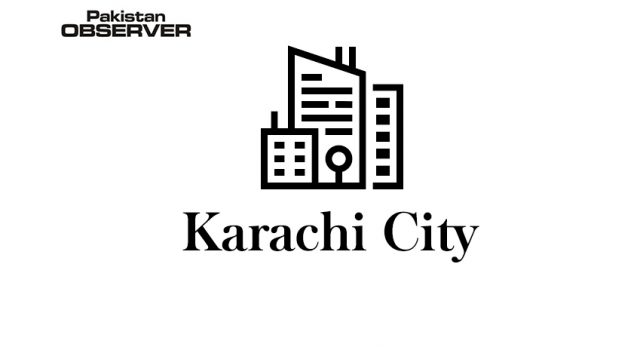Staff Reporter
The inadequate national archive policy for public records might hurt our recorded history, says Dr. Kaleemullah Lashari, recipient of Sitar-e-Imtiaz, Chairman, Central Record Office, Government of Sindh and prominent scholar of Applied Archeology.
He was speaking at the opening session of national symposium and training workshop on Archival heritage of Pakistan, held yesterday at Madinat al-Hikmah, Karachi, organized by Hamdard Pakistan in memory of Shaheed Hakim Mohammed Said, the entrepreneur, educationist and reformist on his 22nd martyrdom day.
Dr. Lashari emphasized on the importance of preserving archives as they are source of factual history. He warned of neglecting our archives and sharing the history he said: “We can find the orders of Mughal emperors, but their age is not defined.” He informed the audience that it was the colonial government who formally kept records. “The colonial records show the positive impact of the British had on the areas under the rule and avoided Muslim point of view.”
British kept minutest details, such as their correspondence with Talpur rulers of Sindh when British were threatened by French and Russians, they started making formal agreements with rulers of Sindh, he said, adding: “Their letters are great asset of Pakistan.” When Charles Napier Conquered Sindh, he established archives record.
“After 1857, the British kept records thus the history we know now is because of them. Personal letters and diaries are valuable part of archives. We should work on written works of those who fought against the British,” he asserted. He said, in 1936 Sindh became province. Then governor of Sindh tried to keep records, but it was not done effectively. Later in 1947, some records were collected but even then it was not organized.
Dr. Lashari highlighted the negligence that was shown throughout the history of Pakistan. “We do not have the record from 1947 to 1955,” in 1961 capital was shifted from Karachi so did the limited record. In 1976, finally Sindh archives department was created but it had nothing, then Commissioner Karachi handed over his records to Sindh Archive, he informed.
He also corrected the common perception about ‘digitization’ that it is an easy technology and said “It is not an easy method, this technology keeps on updating, therefore continuous development is needed to carryout digitization.” Dr. Asma Ibrahim, Director, State Bank of Pakistan Museum and Art Gallery Department in her key-note address said that she had 30 years long affiliation with Hamdard, we often invited Hakim Said to our events as a chief guest.










